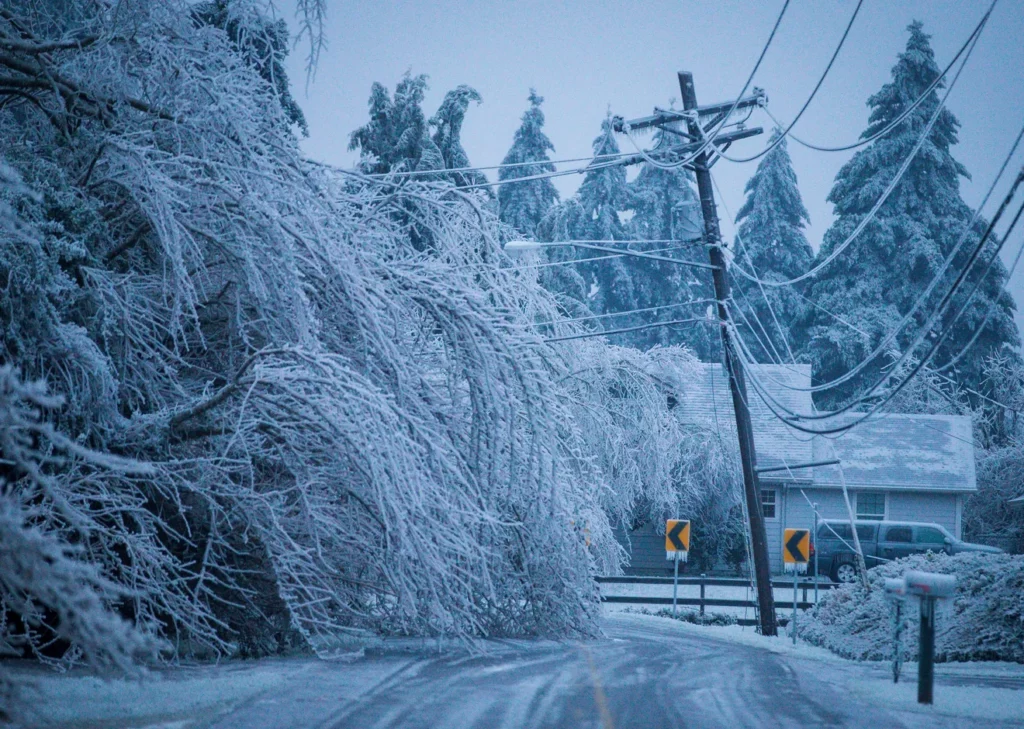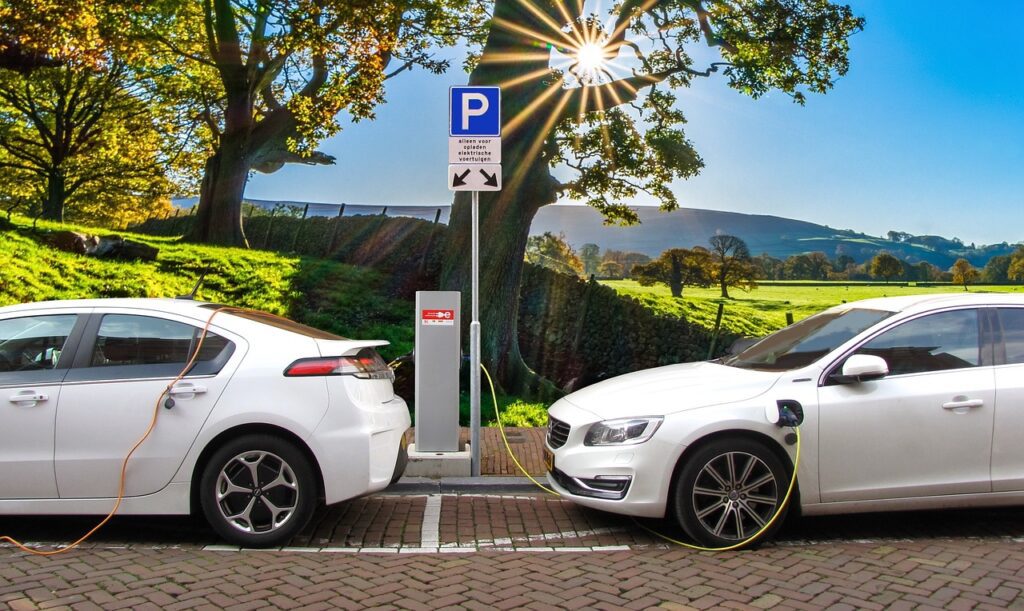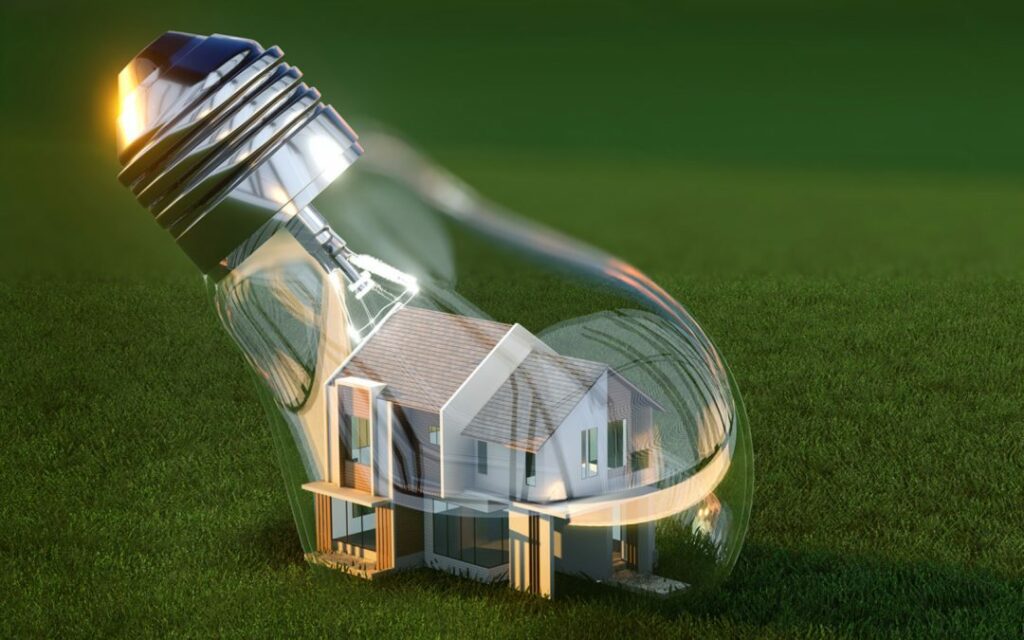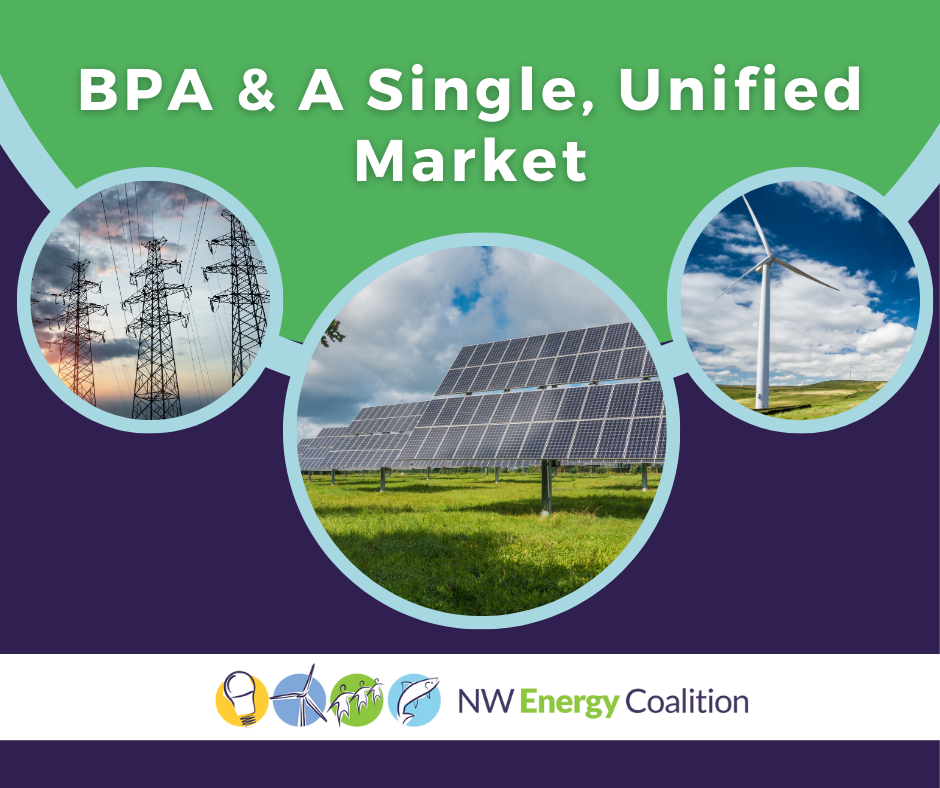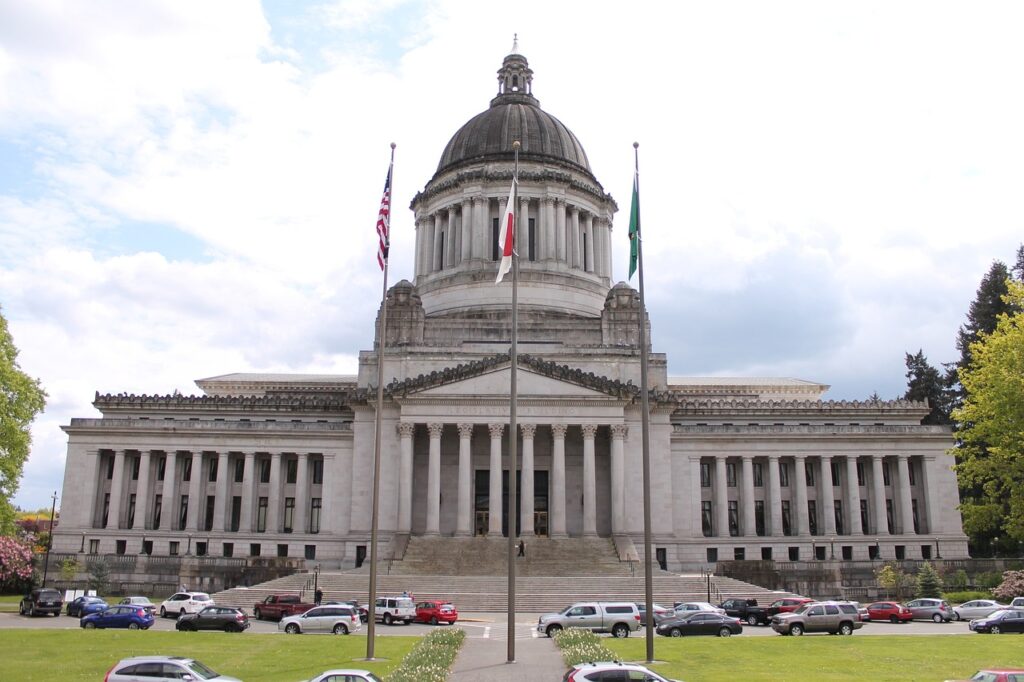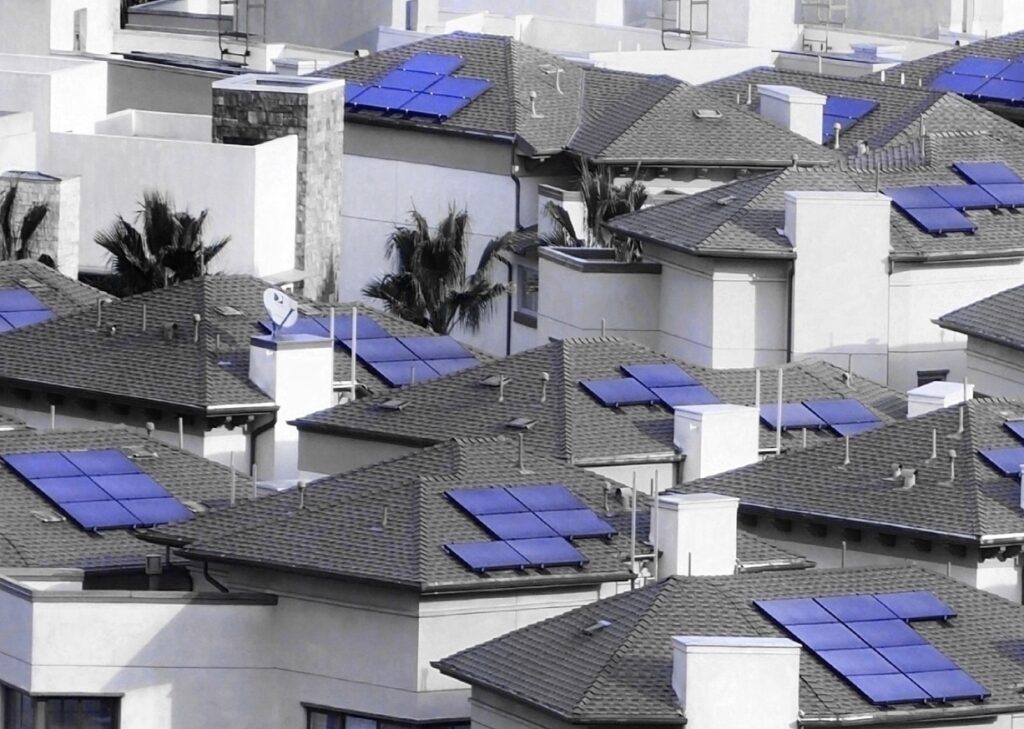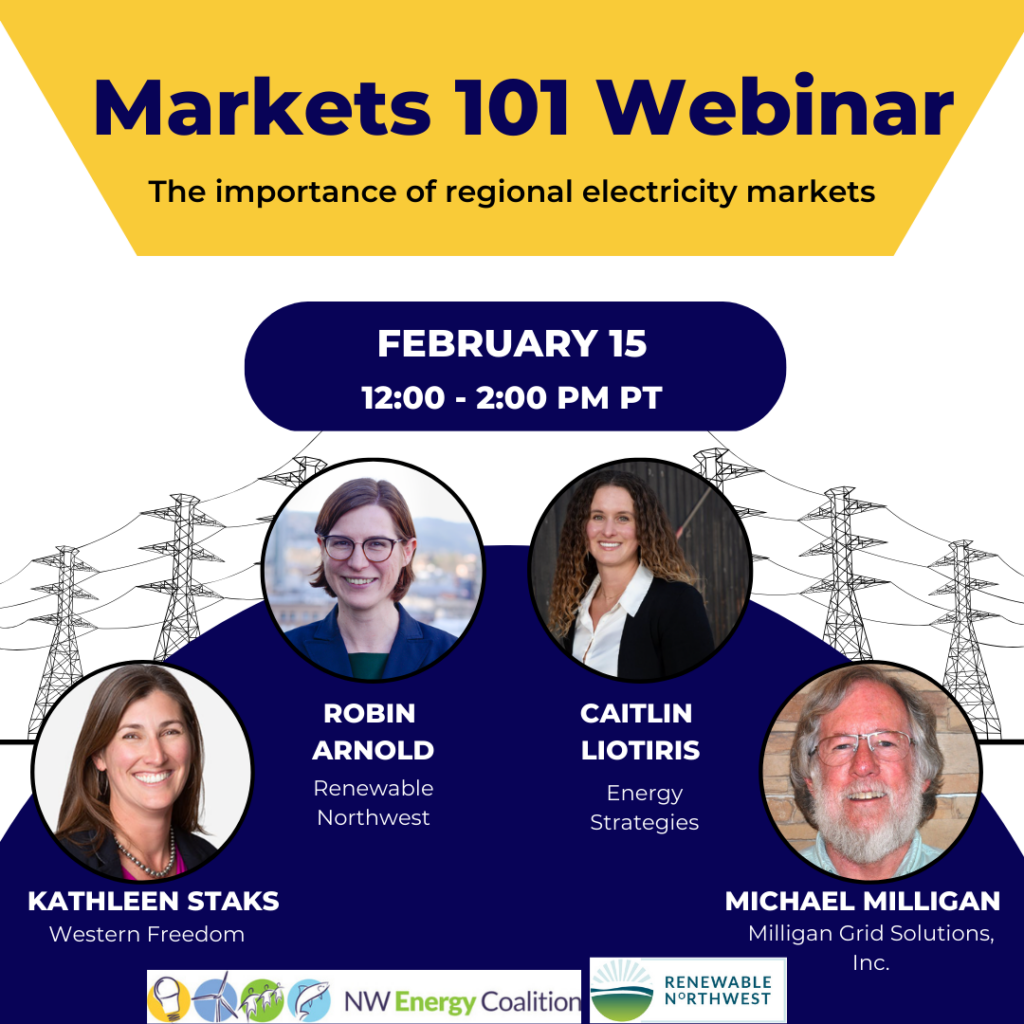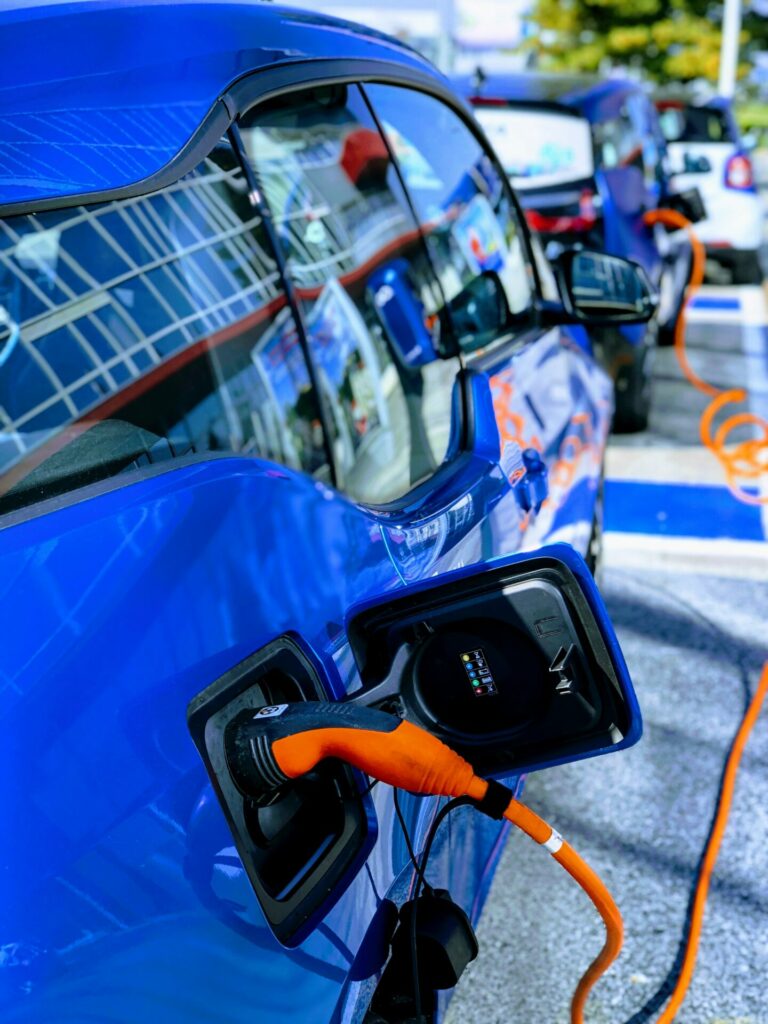Washington
Customer-side resources will be critical as rising electricity demand, extreme weather and climate change impact the Northwest power system
In January 2024, extreme cold descended on the Northwest, causing a significant spike in electricity demand. At the same time, there were serious challenges for energy supplies across the region.…
Washington’s Transportation Electrification Strategy tackles the state’s largest source of emissions
Transportation is the largest source of greenhouse gas emissions in the country. This includes Washington, where transportation makes up around 40 percent of the state’s greenhouse gas (GHG) emissions. For…
The value of centering energy assistance programs on energy burden
As colder weather seeps across the Northwest, most people are switching on heating systems to stay comfortable. Some may not think twice about the impact cranking up the heat has…
Public Comment through 10/30 on Washington’s Transportation Electrification Strategy!
The public comment period opens today on the Washington EV Council’s draft Transportation Electrification Strategy (TES). The TES will serve as a roadmap to support widespread adoption of electric vehicles…
A Single, Unified Western Market
Bonneville Power Administration has a key role The West is in the midst of determining how to structure itself into electricity markets, with significant implications for utilities, customers, and the…
2023 Washington Legislative Session Wrap Up
The 2023 Washington State Legislative session concluded on April 24 and there were several significant victories for clean, affordable, and equitable energy. This year’s legislative session was a “long session,”…
Customer-side resources can reduce risks from volatile energy prices
Winter is here. It’s barely February and we’ve already witnessed the value of a diversified energy system and the risks that come from fossil fuels. Volatile fossil fuel prices are…
Markets 101 Webinar – February 15, 2023
Presented by: NW Energy Coalition & Renewable Northwest February 15, 2023 12-2pm PT Register here. Join NW Energy Coalition and Renewable Northwest for a virtual 101 discussion about the importance…
Electric vehicle charging standards adopted in Washington
The Washington State Department of Agriculture (WSDA) recently adopted standards for public electric (EV) vehicle charging, often referred to under the more technical name, electric vehicle supply equipment (EVSE). On…
Legislative Priorities for 2023
Each year, the NW Energy Coalition advocates at the state level for priority bills and funding to advance a clean, affordable, and equitable energy future. This year’s state legislative sessions…


